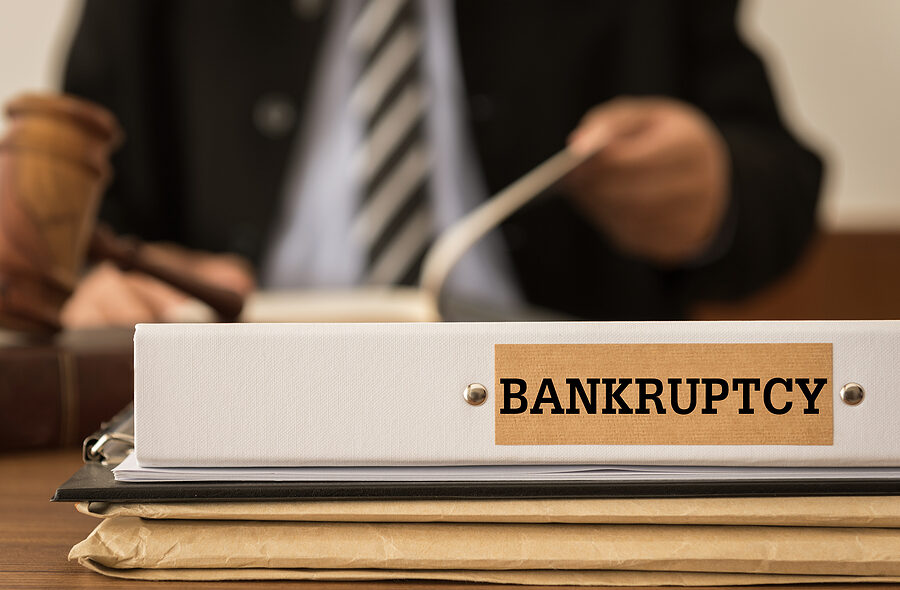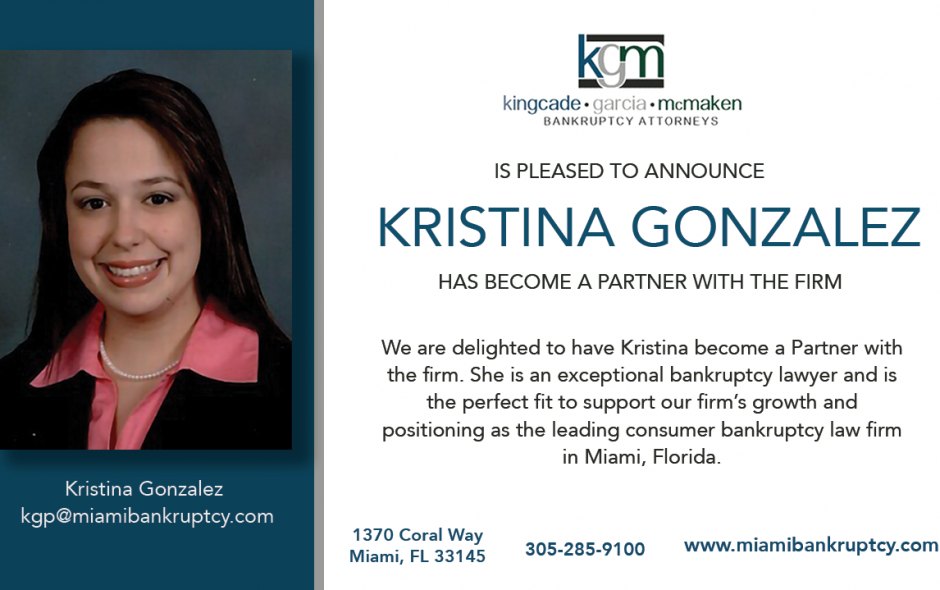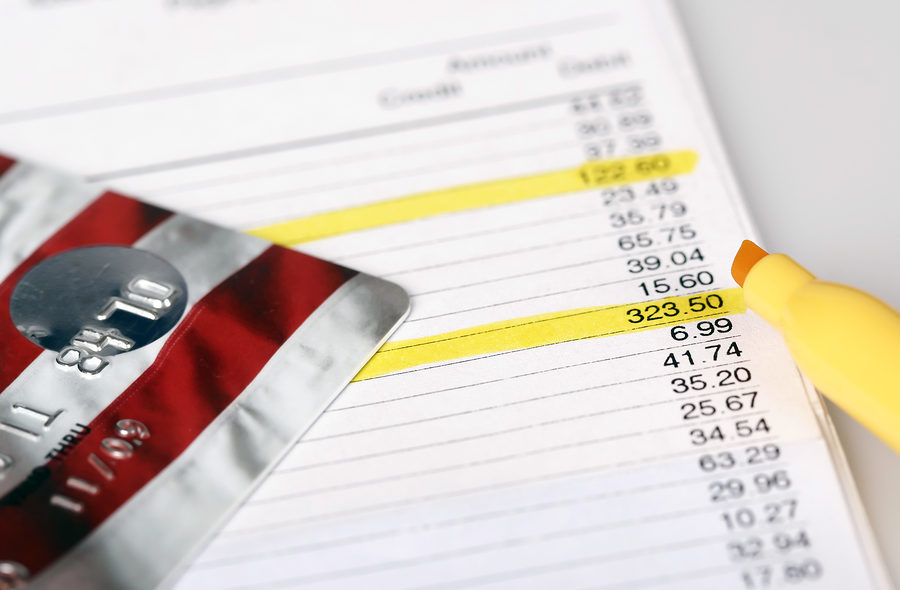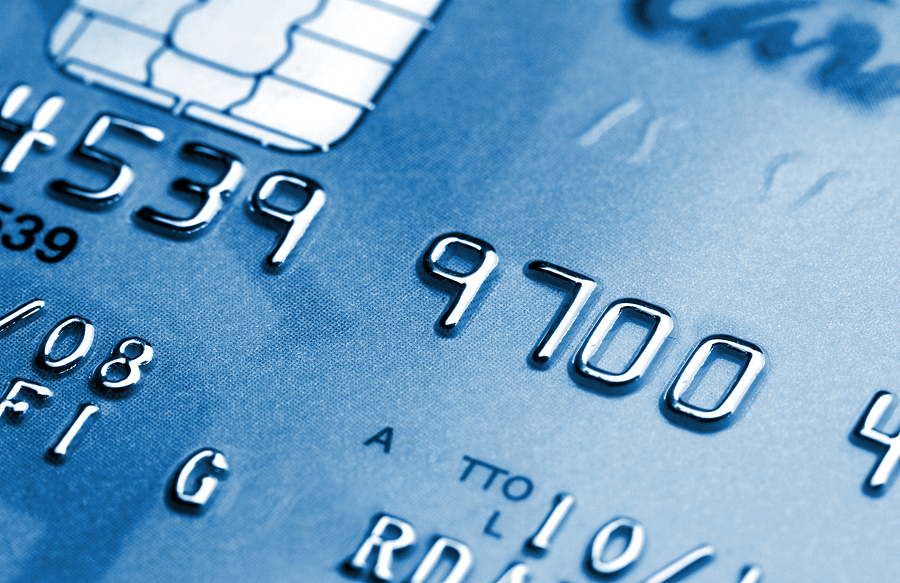People inquiring about filing for bankruptcy have reached its highest level since 2020. Insurmountable debt, years of steep inflation, costly mortgages, and a weakened housing market remain the driving factors.
Legal Service provider, LegalShield, reported bankruptcy legal inquiries jumped in Q1 following three quarters of “high consumer stress.” The index is based on a survey of more than 25 million legal requests.
Prolonged financial stress combined with price pressures driven by tariff uncertainty will likely contribute to a surge in bankruptcy filings this summer.
These bankruptcy warning signs come amid a third straight quarter of elevated consumer stress measured by LegalShield’s Consumer Stress Legal Index (CSLI), pointing to a heightened financial strain that has become a “new normal” for American households.
Tariffs are driving up costs on everything from food and clothing to electronics and cars. The increased costs are typically passed on to consumers.
The share of households more than 90 days late on credit cards and car loans hit a 14-year high at the end of 2024, according to The Federal Reserve Bank of New York, and delinquencies are still climbing. Credit card balances also hit a record high of $1.21 trillion.
Click here to read more.
If you have questions on this topic or are in a financial crisis and considering filing for bankruptcy, contact an experienced Miami bankruptcy attorney who can advise you of all of your options. As an experienced CPA as well as a proven bankruptcy lawyer, Timothy Kingcade knows how to help clients take full advantage of the bankruptcy laws to protect their assets and get successful results. Since 1996 Kingcade Garcia McMaken has been helping people from all walks of life build a better tomorrow. Our attorneys’ help thousands of people every year take advantage of their rights under bankruptcy protection to restart, rebuild and recover. The day you hire our firm, we will contact your creditors to stop the harassment. You can also find useful consumer information on the Kingcade Garcia McMaken website at www.miamibankruptcy.com.







